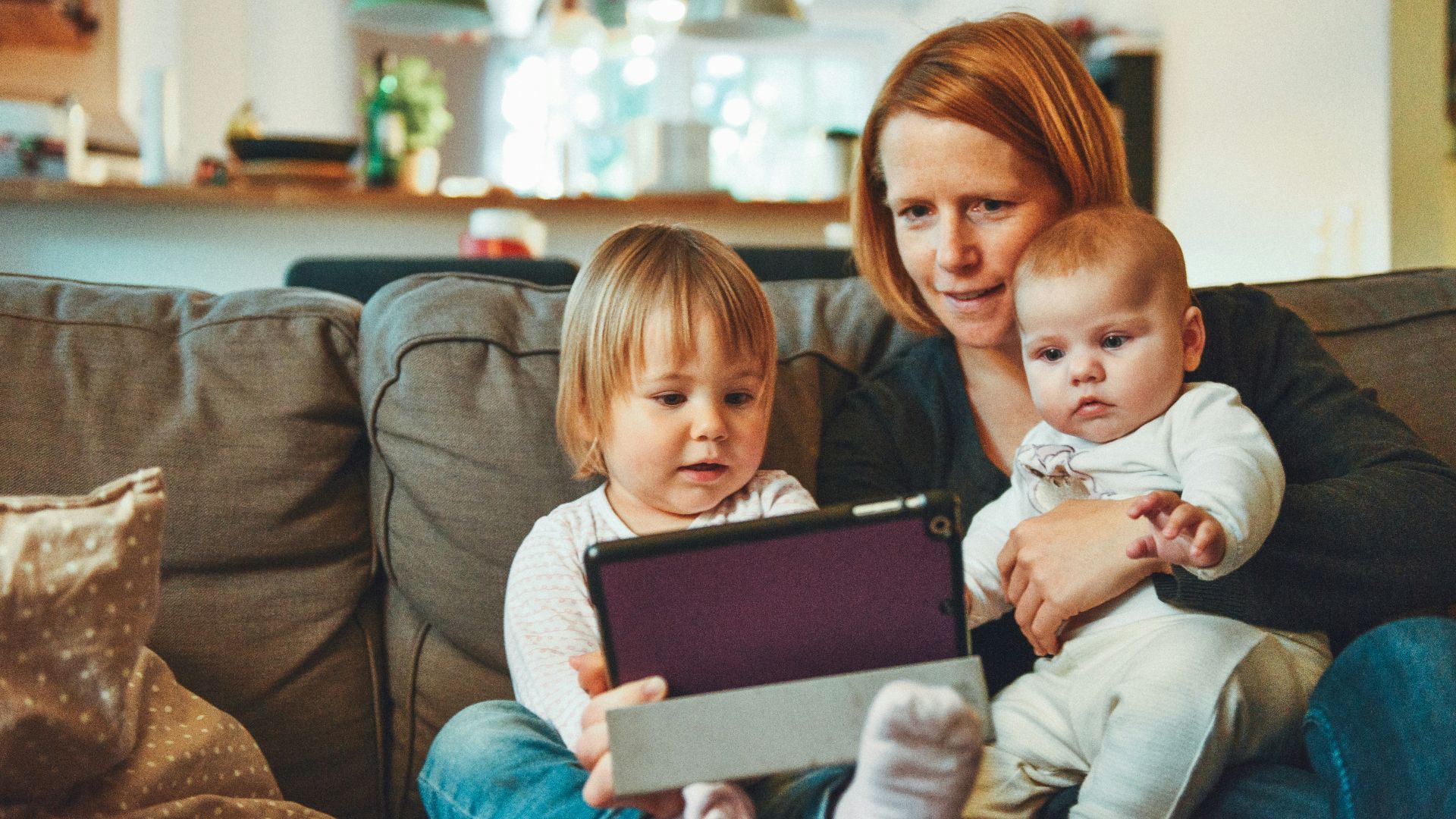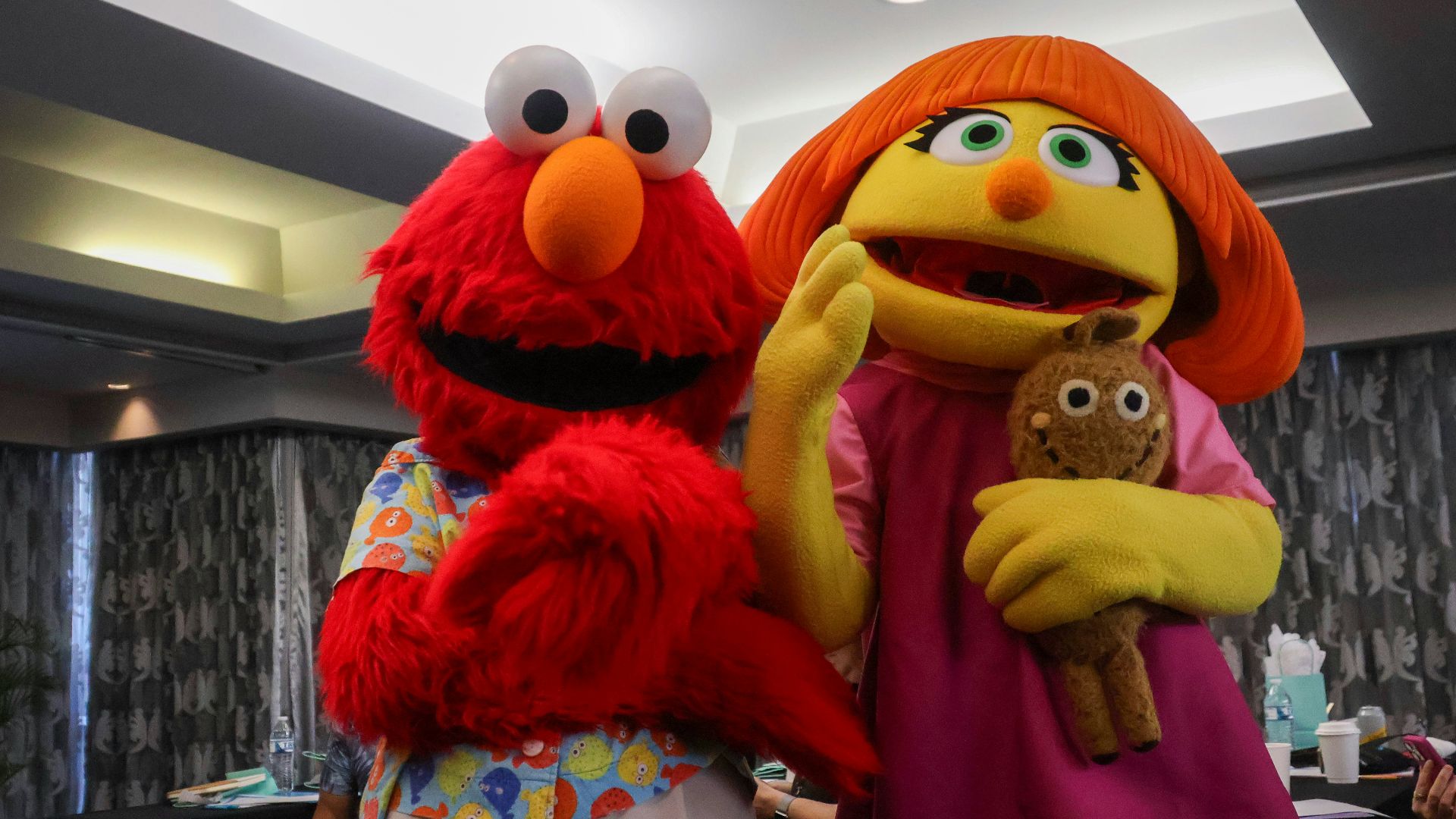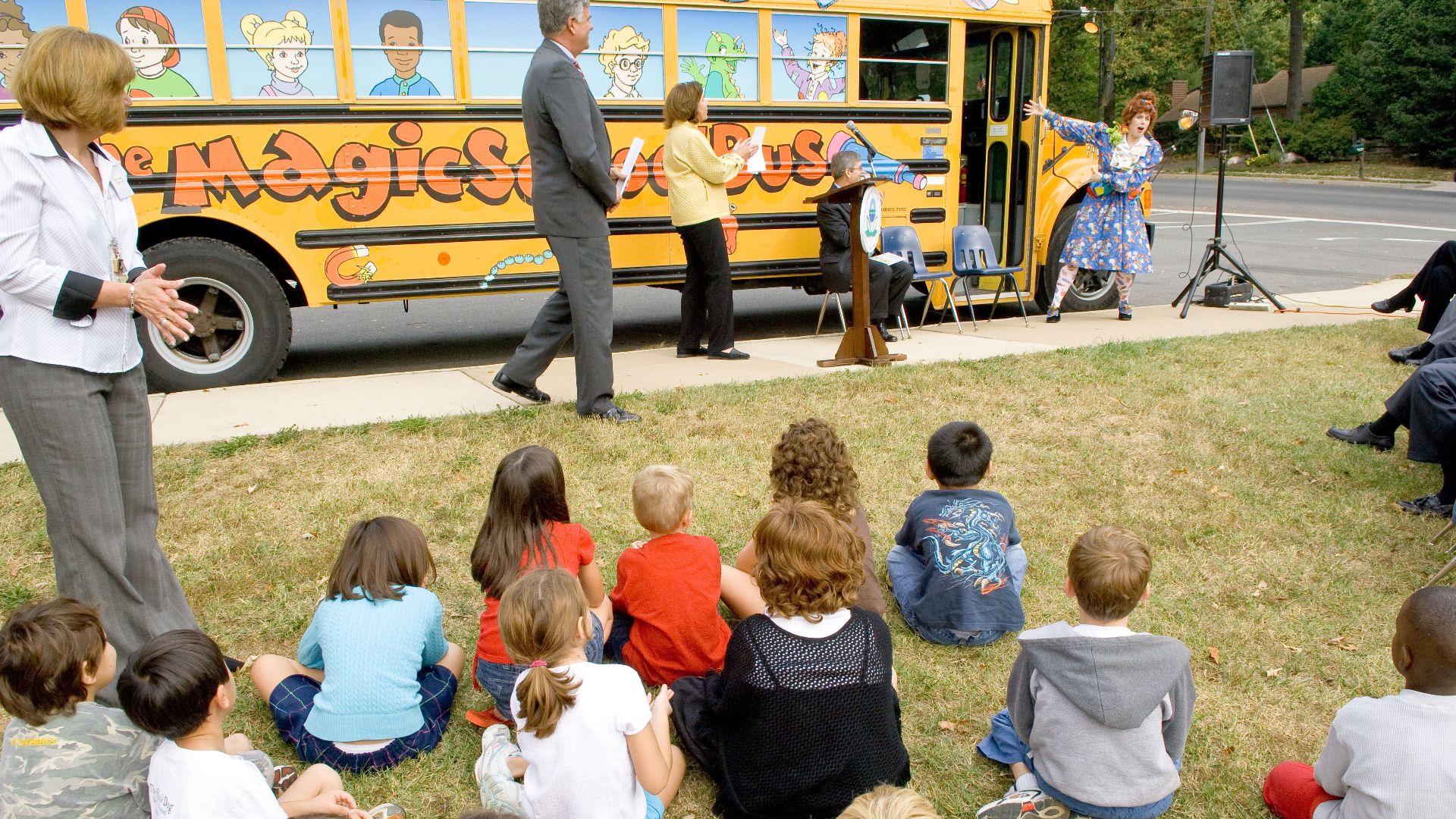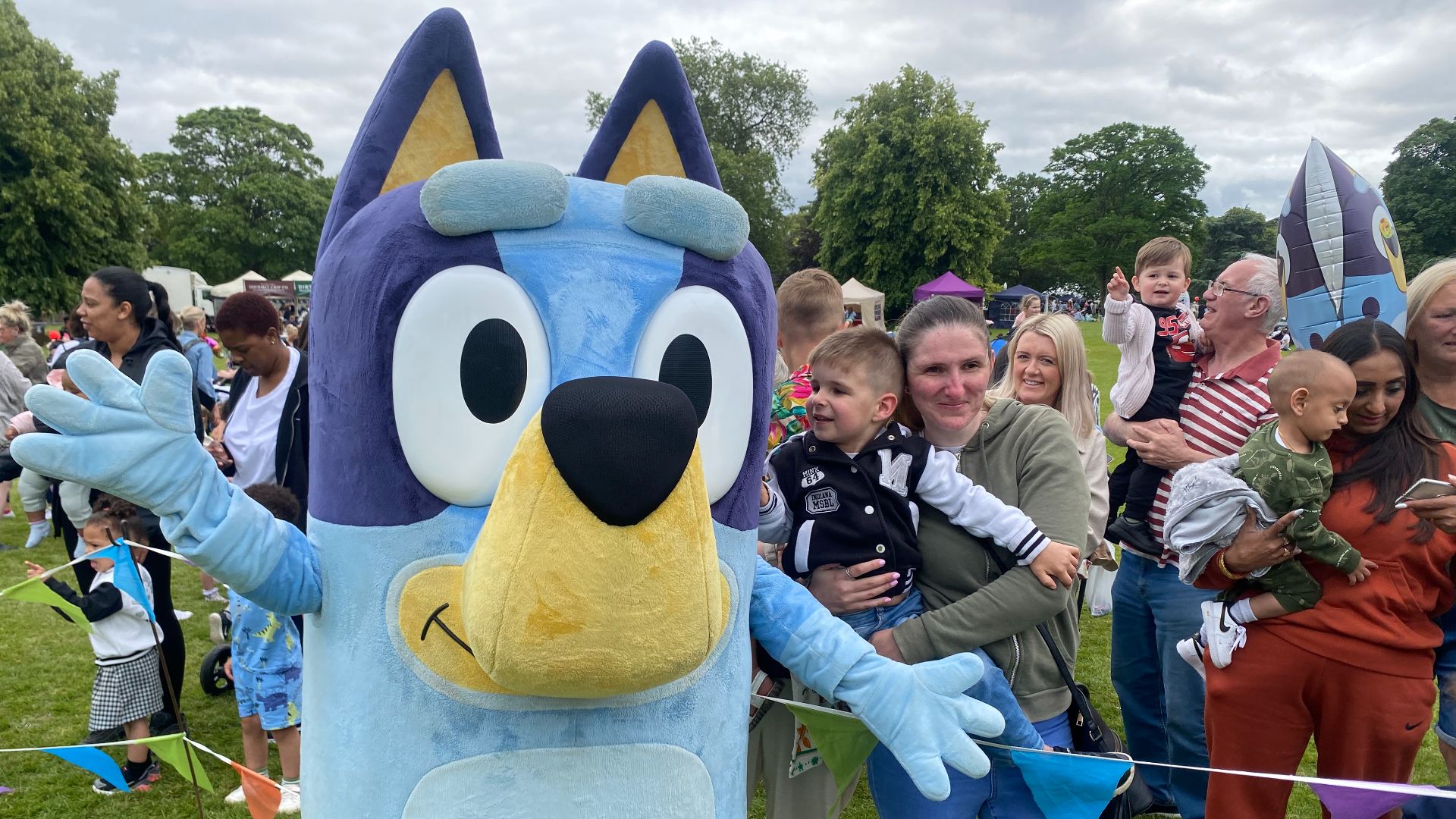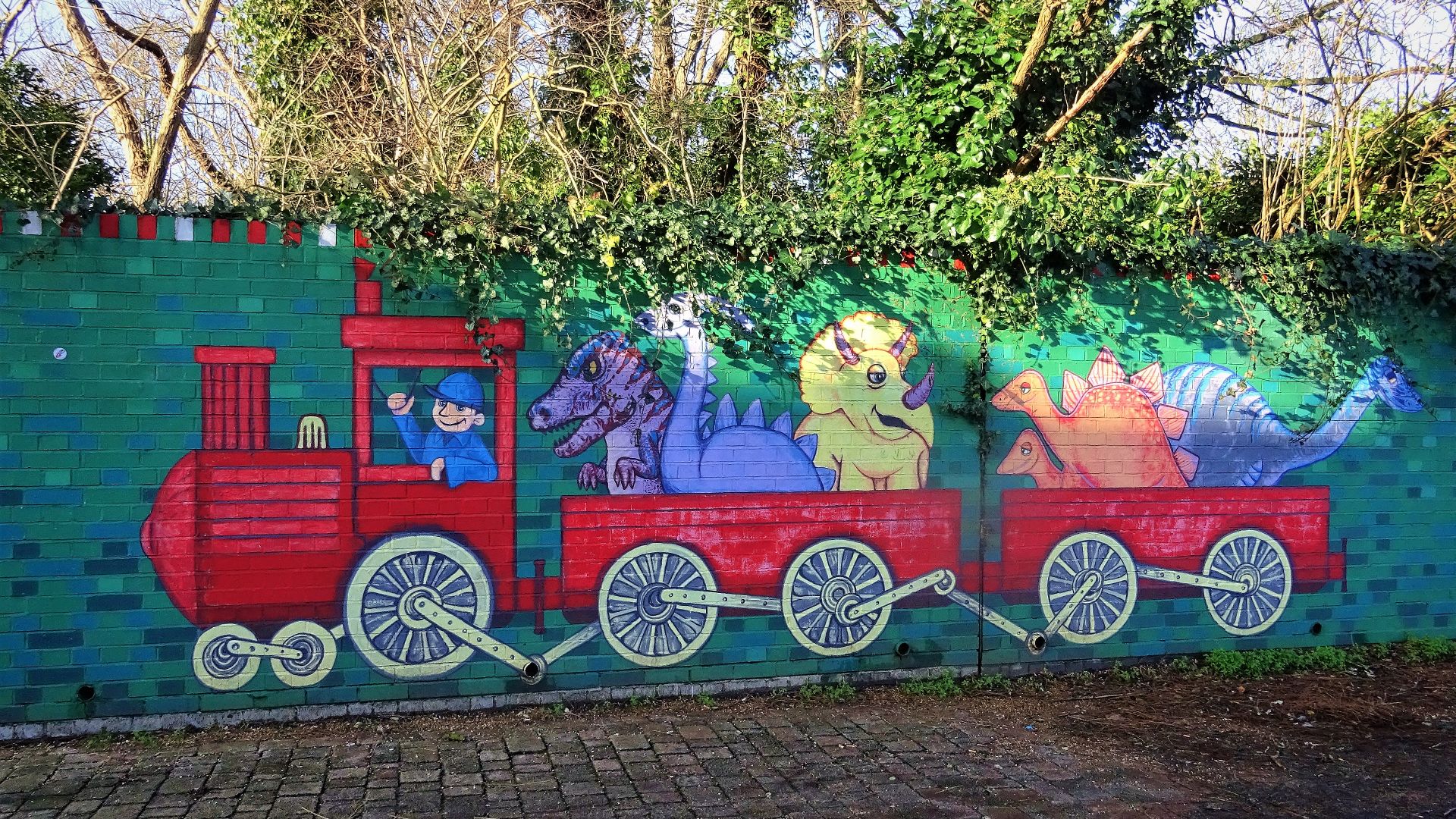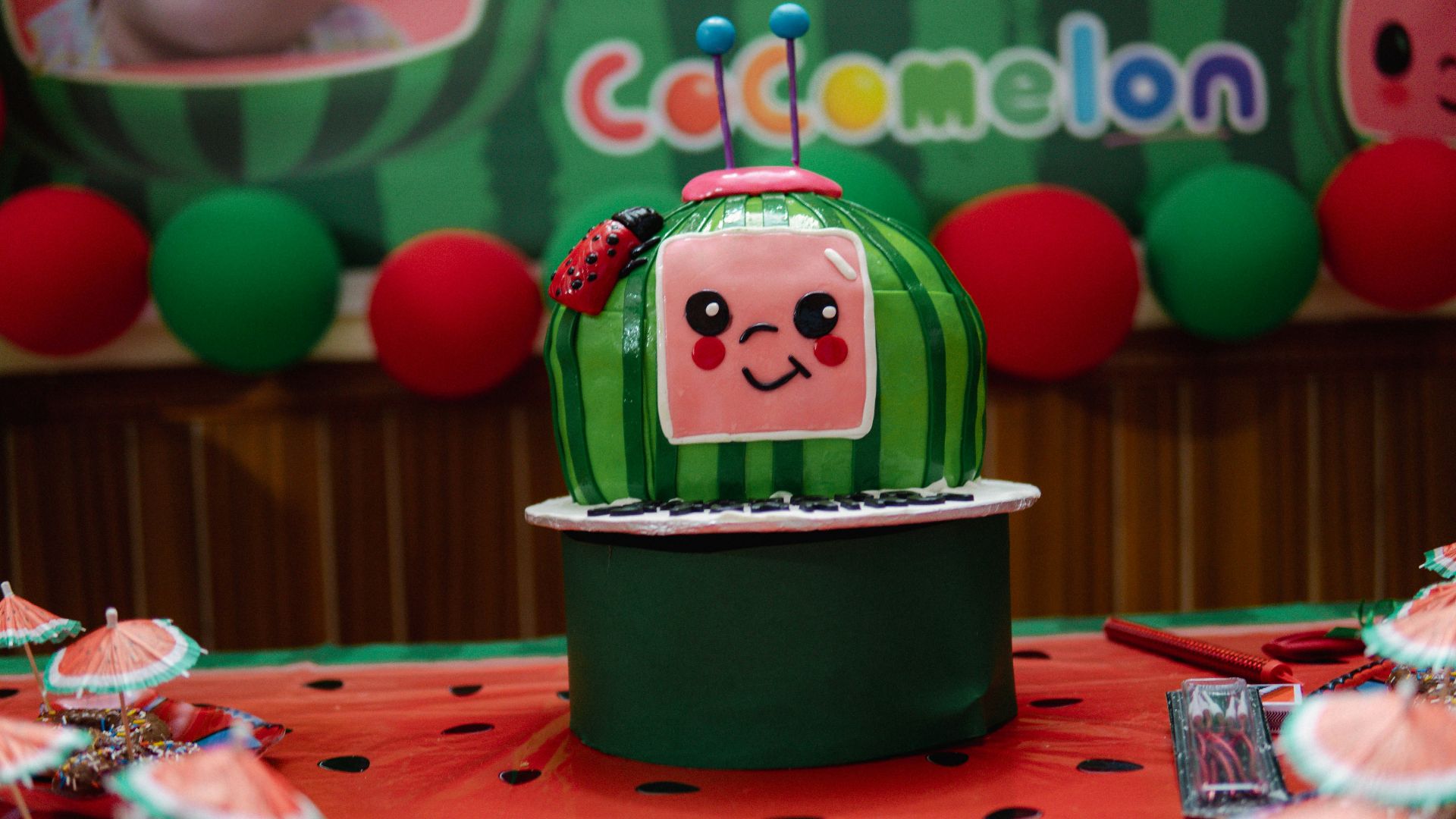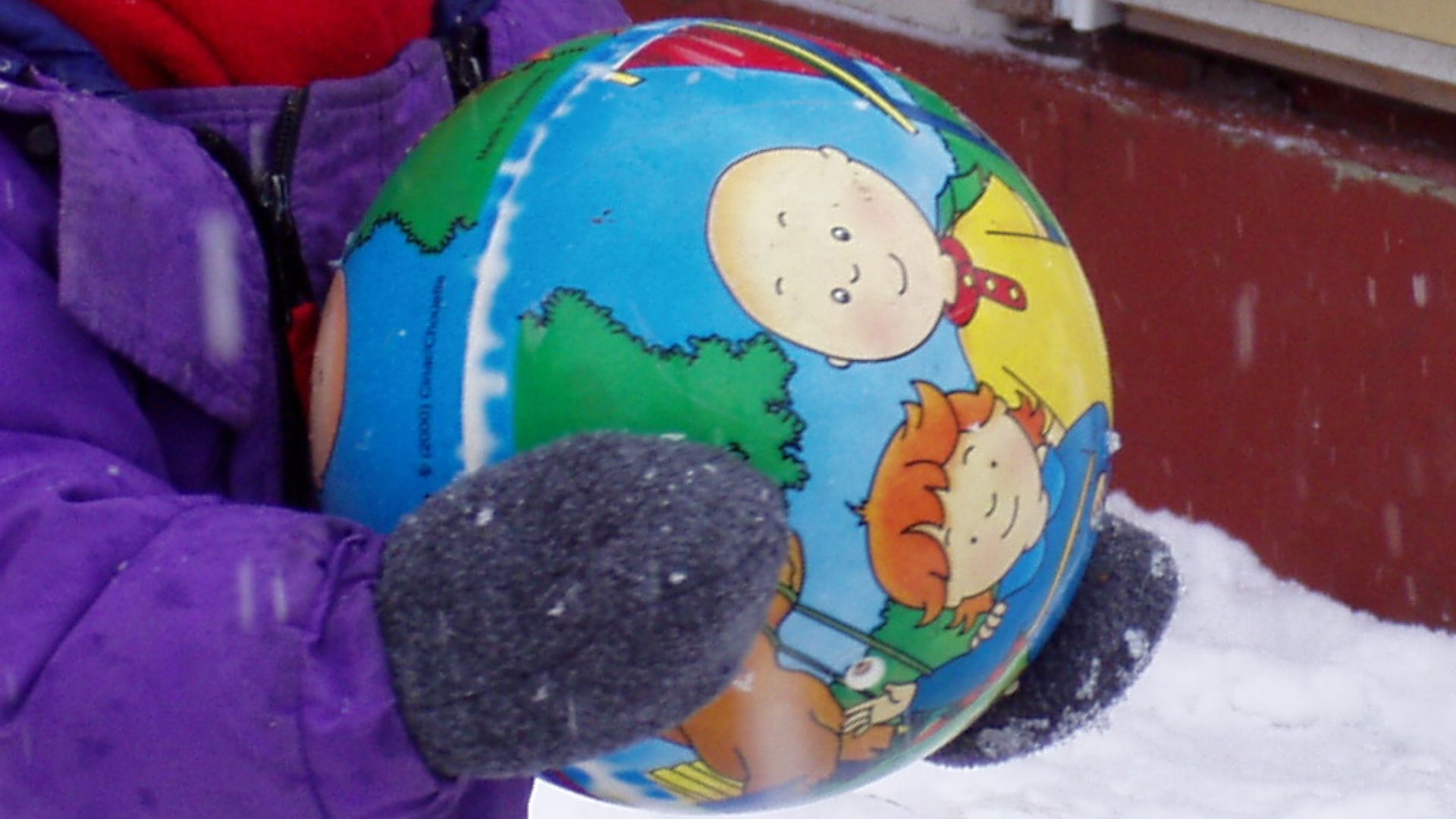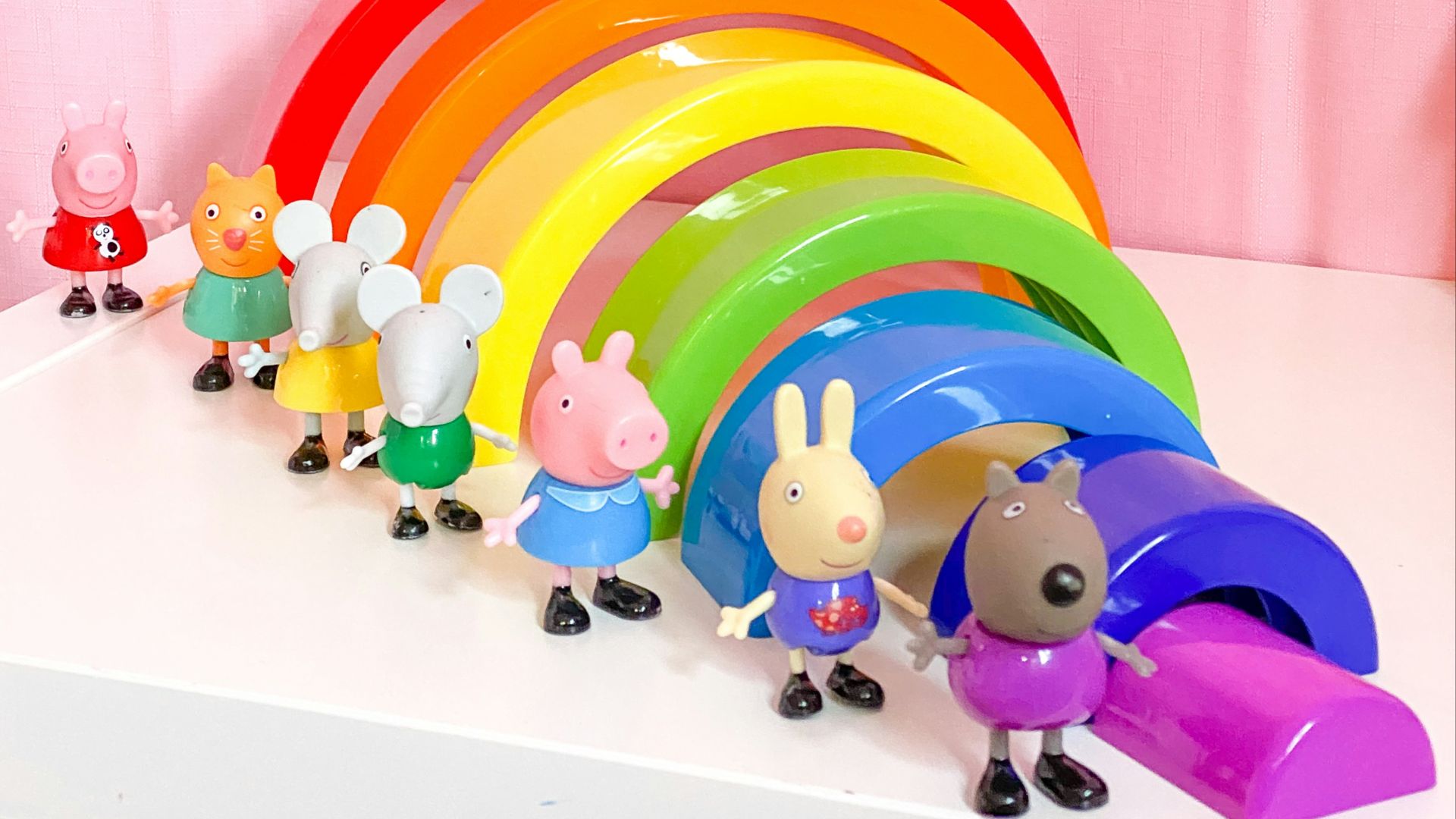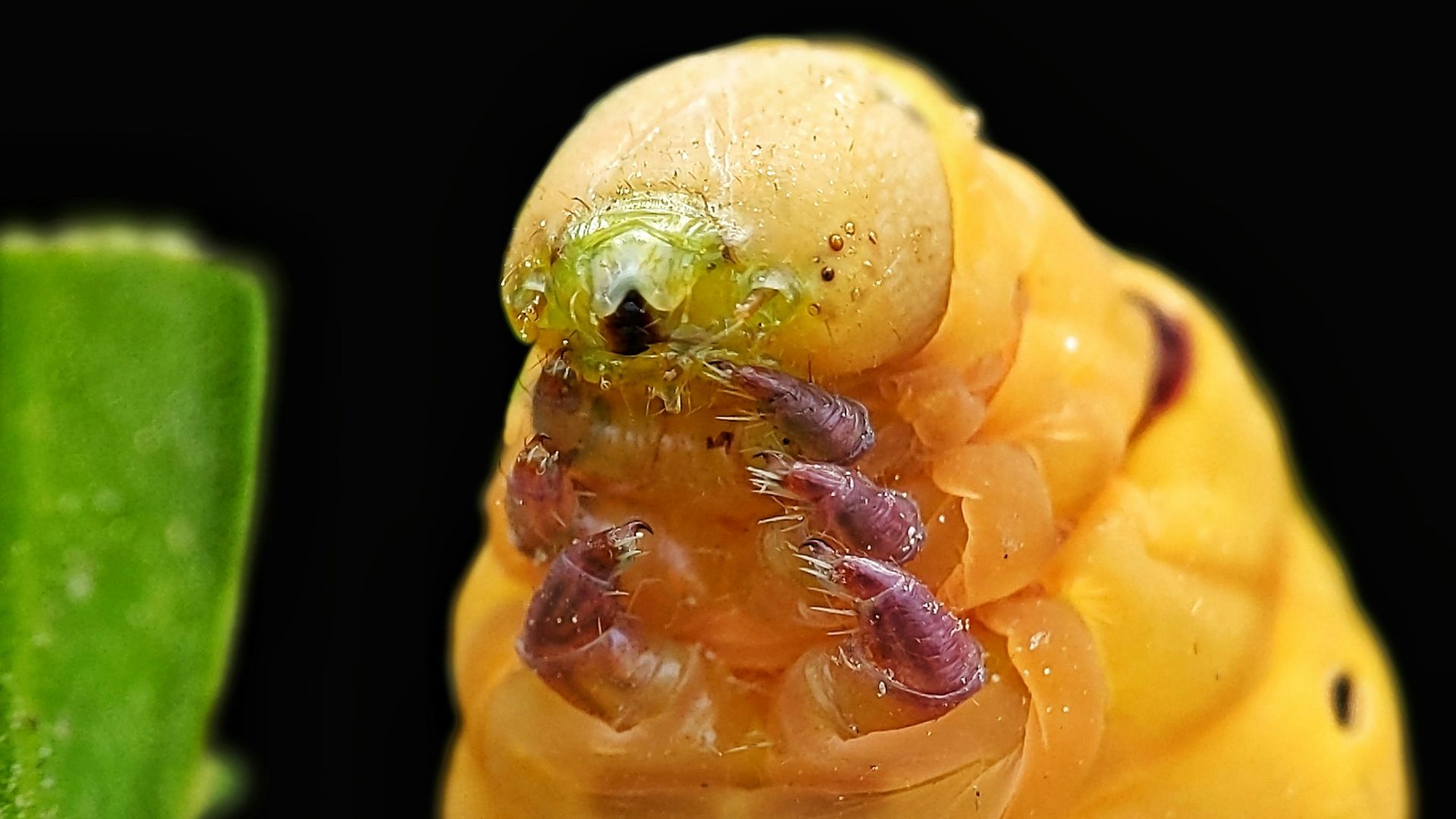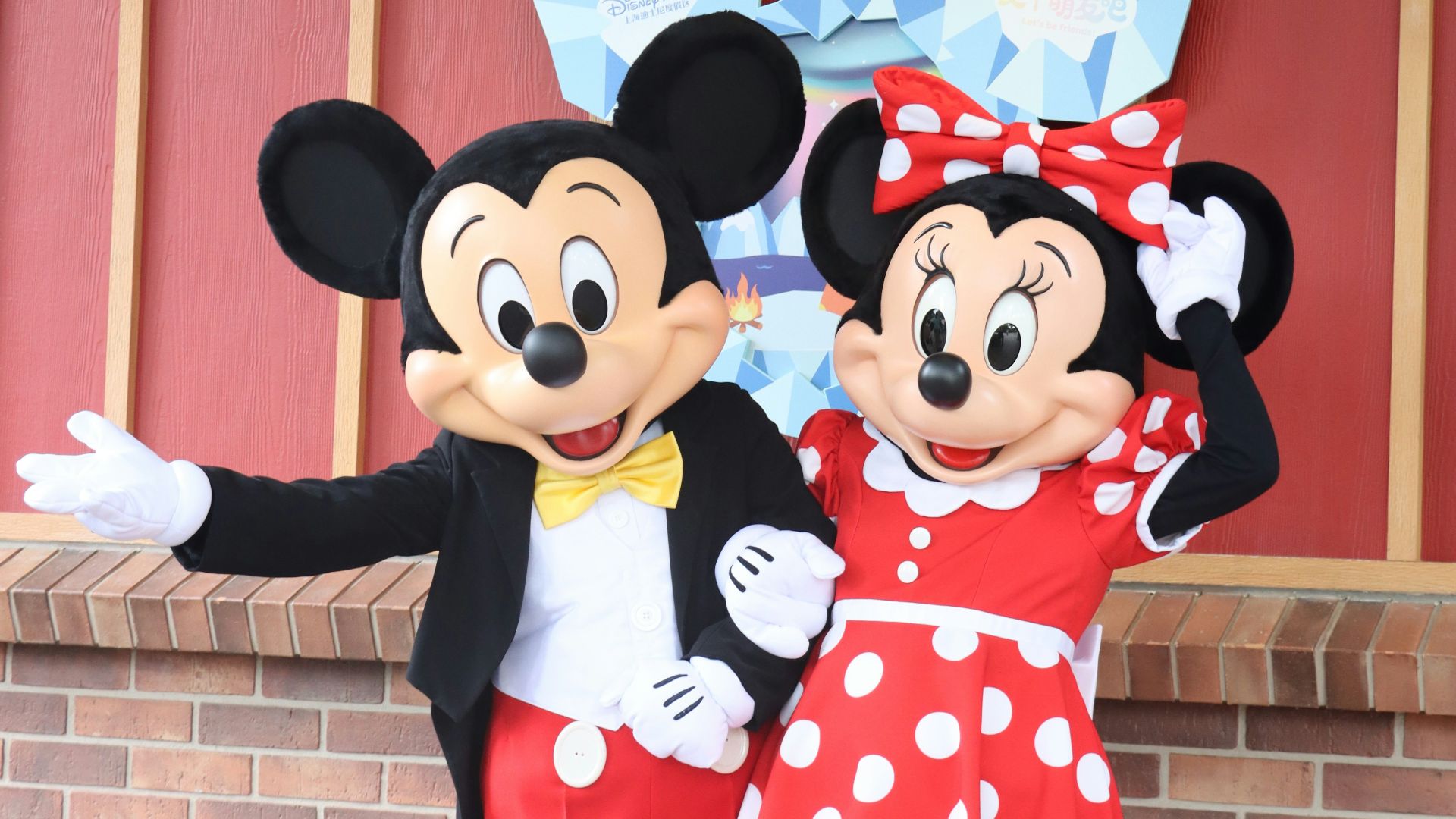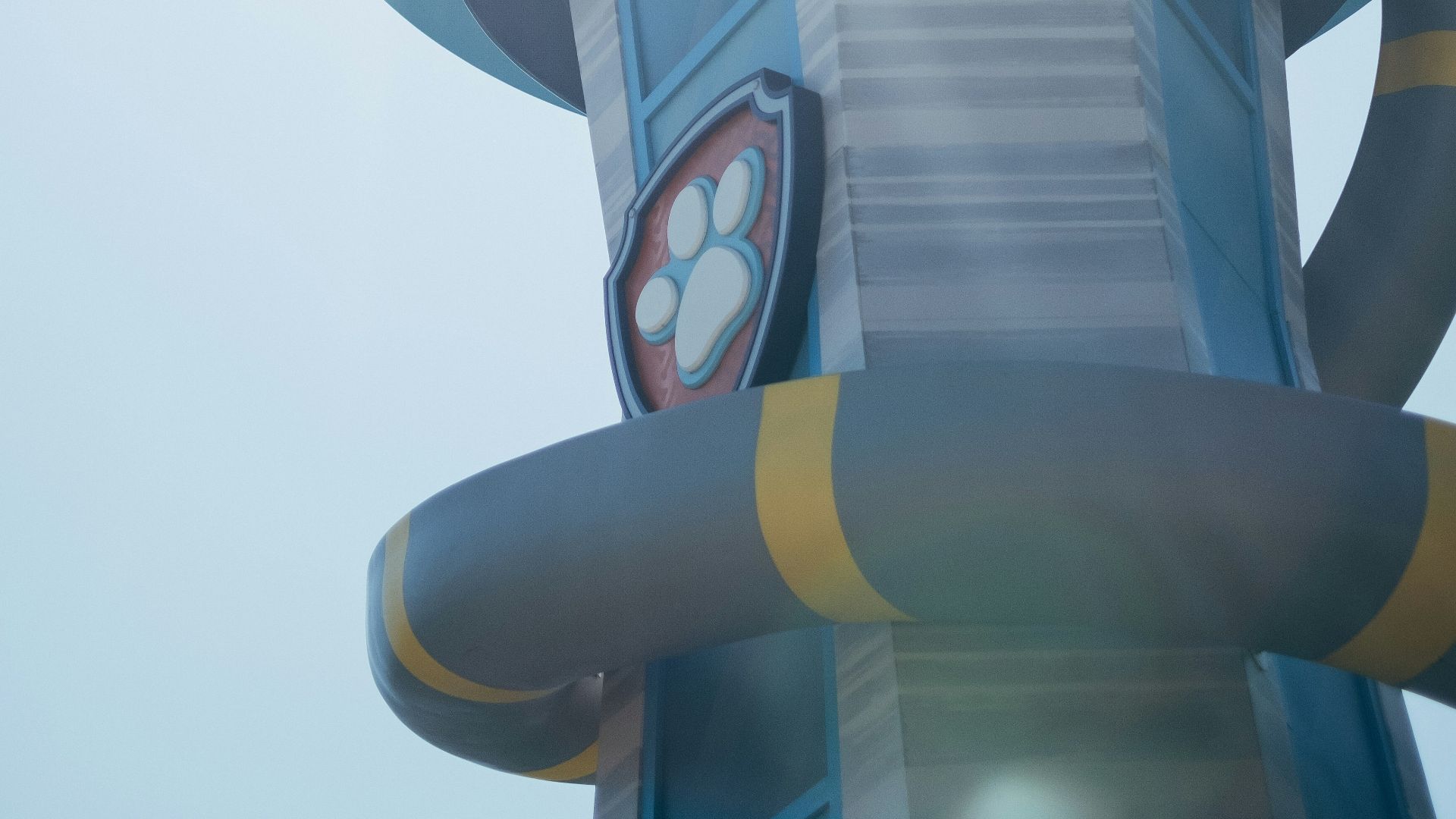A Fun Way To Learn Or Hyper-Stimulation?
If your kid is going to sit in front of the TV set, they should at least watch something that boosts their brain development. Many children’s television programs are designed to help kids with vocabulary, color identification, emotional comprehension, or to keep them interested in attending school. However, plenty of children’s TV is just a blur of fast-moving colors and shapes, which only gives them the foundation for short attention spans. Do you agree with this list? Let us know below.
1. Sesame Street
The lovable cast of Sesame Street has been teaching children essential life skills since 1969. The Count teaches numbers, Elmo teaches emotions, Cookie Monster teaches self-control, Big Bird teaches empathy, Julia advocates for autism awareness, and a plethora of other characters help kids to understand disabilities, diversity, health awareness, and girls’ rights.
2. The Magic School Bus
The Magic School Bus aims to make science accessible and engaging through Miss Frizzle’s wacky adventures. Alongside its educational value, the show promotes a healthy attitude to making mistakes, problem-solving, and critical thinking.
3. Bluey
Bluey is a show that’s good for kids and parents alike, as it provides a realistic look at different family structures and familial dynamics. The show also aims to teach kids emotional intelligence, resilience, self-care, and the importance of creative play.
4. Dora The Explorer
Dora’s can-do attitude and problem-solving skills can be a great influence on your child. The show’s interactive element also fosters agency and accomplishment, and makes children generally more engaged during the learning process. Dora is also well-known for teaching kids basic Spanish vocabulary and cultural concepts.
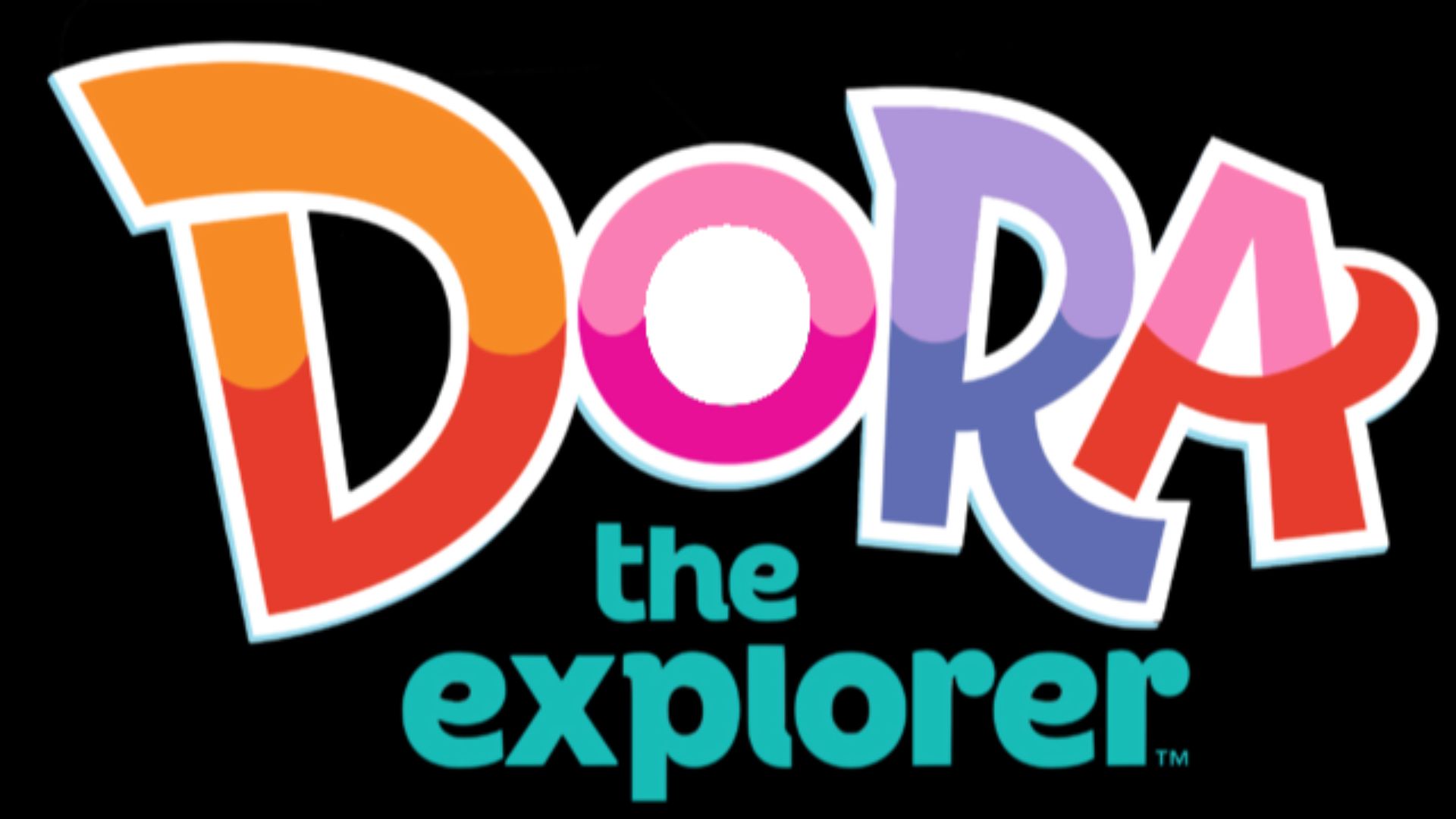 Nickelodeon, Viacom International Inc. on Wikimedia
Nickelodeon, Viacom International Inc. on Wikimedia
5. Blue’s Clues
Like Dora, Blue’s Clues incorporates major interactive elements that make up the main plot of the show, keeping kids curious and engaged throughout the episode. The show also makes use of positive role models and promotes thinking and problem-solving, which builds kids' self-esteem and early literacy skills.
6. Wild Kratts
Wild Kratts, previously known as Zoboomafo to our early 2000s audience, teaches kids all about the natural world. The Kratt brothers take kids on a journey of understanding different biomes, animals, and general science and mathematics concepts.
7. Dinosaur Train
This adorable animated series sparks curiosity about science and paleontology in young children. The show also promotes critical thinking skills, family dynamics, and overwhelmingly encourages kids to explore the natural world.
8. Super Why!
Super Why! teaches kids early literacy skills such as letter identification, spelling, and word comprehension. It has an overwhelmingly positive message about reading and learning, and uses interactive storytelling to further engage its young audience.
9. Daniel Tiger's Neighborhood
This show builds on the legacy Mr. Rogers left behind. It teaches lessons in emotional regulation, empathy, compassion, and confidence in young kids, and also works to provide caregivers with tools to help their kids navigate real-world situations.
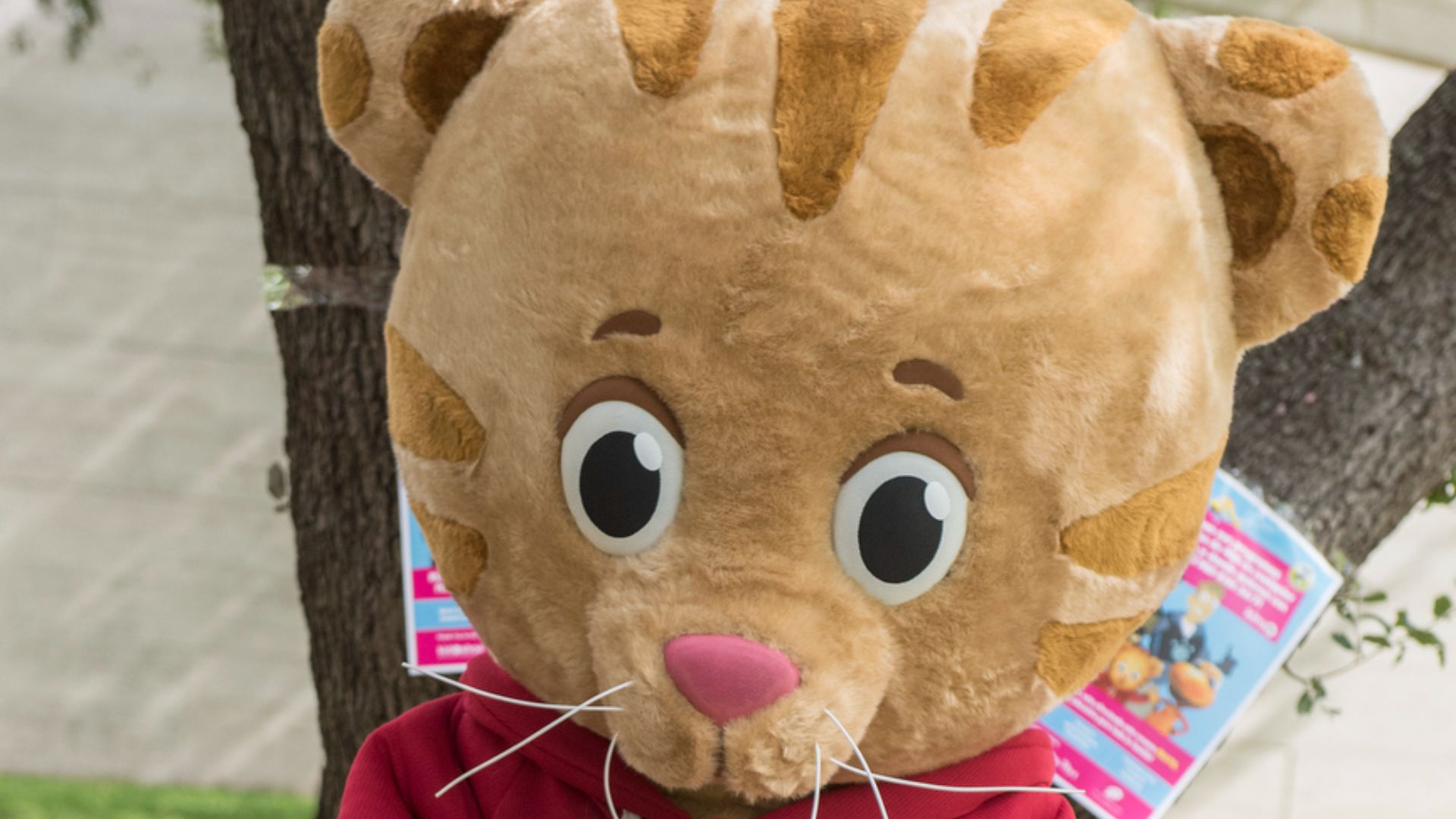 LBJ Library from Austin on Wikimedia
LBJ Library from Austin on Wikimedia
10. Bubble Guppies
Bubble Guppies' main focus revolves around friendship, teamwork, and honesty, all while set in a brightly-colored underwater classroom. The show also covers basic science, math, and history topics, and aims to equip kids with curiosity and a love of learning.
1. CoComelon
CoComelon’s hyper-stimulating and addictive visuals can actually deter young children’s development. The show’s fast pace triggers the brain’s reward system, leading to habit-forming dopamine releases, and the sensory overload can make it harder for children to self-regulate in the long term.
2. Blippi
Like CoComelon, Blippi has very fast-paced visuals that can overstimulate kids' brains. Furthermore, the show lacks emotional depth, models negative behaviors, and generally promotes consumerism and its use of social media.
3. Caillou
Caillou has been a terrible role model for children since 1997. He’s whiny, spoiled, and often throws temper tantrums, but never faces consequences for his actions. This may lead to young kids believing that this type of behavior is perfectly acceptable.
4. Peppa Pig
While Peppa Pig does have some humorous elements that adults and children can both enjoy, parents have started keeping their kids away from this show. To some adults, Peppa is rude, condescending, and often makes fun of her father for being fat.
5. Larva
While many folks praise Larva for its humor, it has gotten the nickname of “Family Guy for kids,” which is likely not a great sign. The show is known for its excessive use of crude toilet humor, violence, heavy injuries, and sexual innuendos.
6. Ms. Rachel
We don’t mean to throw Ms. Rachel under the bus, as her show is probably one of the better ones on this half of the list. However, her show is incredibly fast-paced and makes use of jingles, sound effects, and animations, leading to overstimulation in young children.
7. A Mickey Mouse Cartoon
The Paul Rudish Mickey Mouse cartoons pay homage to cartoons of the past, but that doesn’t mean they’re kid-friendly. A lot of the episodes feature some intense storylines, graphic animations, and have a general lack of educational content.
8. Caitie’s Classroom
Like Ms. Rachel, Caitie’s Classroom isn’t necessarily bad - just not as good as it could be. Certain parents find live episode lengths to be too long, leading to excessive screen time for young children.
9. Paw Patrol
Like many shows on this list, Paw Patrol’s fast pace, stimulating visuals, and high use of sound effects can affect brain development in young children. The show also has a lot of panic, makes use of gendered stereotypes, and has a surprising lack of female characters in the beginning seasons.
10. Go, Dog. Go!
Based on a book of the same name, Go, Dog. Go! has been criticized for its repetitive nature and mild scariness. The television show also widely diverges from the book, introducing new plots and characters that didn’t exist before. Overall, the book is highly recommended, while the show is entirely up to your own discretion.


